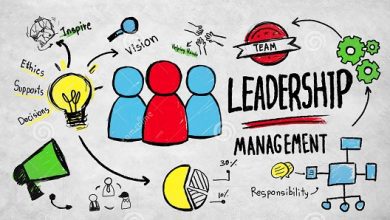Economics/Business
Economics
Economics is the social science that studies how individuals, businesses, governments, and societies allocate scarce resources to satisfy their unlimited wants and needs. It is concerned with the production, distribution, and consumption of goods and services, and the decisions and behaviors of individuals and institutions that shape these processes.
By reading the intensive articles of Englopedia.com you will grasp that it is a broad field that encompasses various branches and subfields, including microeconomics, macroeconomics, international economics, labor economics, behavioral economics, and many others. Microeconomics focuses on the behavior of individuals and firms, while macroeconomics looks at the overall performance of the economy, including issues such as inflation, unemployment, and economic growth. International economics examines the flow of goods, services, and capital across borders, while labor economics focuses on the behavior of workers and employers in the labor market.
Englopedia will make you aware that Economists use a range of tools and techniques, such as mathematical modeling, statistical analysis, and experimental methods, to study and analyze economic phenomena. They aim to understand how markets work, how individuals and institutions make decisions, and how public policies and institutions impact economic outcomes.
Through the leading articles of Englopedia you will realize that Economics has significant implications for individuals, businesses, governments, and societies, as it can inform decisions related to investments, production, taxation, trade, and social welfare policies. It is a crucial field of study for understanding the functioning and dynamics of modern economies and for addressing pressing global issues, such as inequality, climate change, and economic development.
-

Training for managers its importance benefits methods and aspects
If employee training is a priority for many companies… Why do they make the mistake of not giving the same…
Read More » -

Leadership training for managers its goals importance and types
Leadership training Leading can be a skill that accompanies a professional in his life since childhood, integrating the team of…
Read More » -

Business training definition its importance and 10 types
Business training Knowing the types of business training makes all the difference to the business, because this way the professional…
Read More » -

Organizational training Types Development objectives and advantages
What is Organizational Training? Organizational training focuses on the present, and is characterized as a more punctual action. In short, it…
Read More » -

Leadership training for employees with role of leader and Tips for leadership
Leadership training The formation of leaders is extremely important in preparing employees to exercise a leadership role and succeed at…
Read More » -

Recruitment challenges and solutions with Consequences and Improvement
Recruitment challenges Recruitment challenges vary depending on the size of the company you work for or the sector in which…
Read More » -

Tools to engage remote employees with10 free tools
10 free employee engagement tools Investing in employee engagement is a worthwhile endeavor that most organizations tend to neglect. But…
Read More » -

Tools to manage remote employees with10 tools with features
What are management tools We decided to compile a list of useful tools that can help supervisors monitor employees who…
Read More » -

Remote team management tools with 20 tools remote management
Controlling remote activities Controlling remote activities is one of the biggest concerns for managers now that remote and hybrid work…
Read More » -

How to manage a remote team with 8 tips and Importance
Remote Team It is essential for the operational flow that managers are always aware of what is happening in the…
Read More »